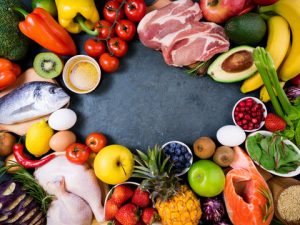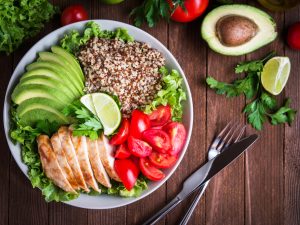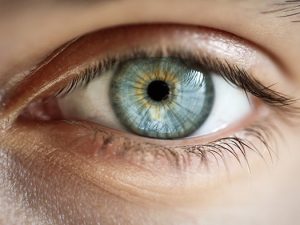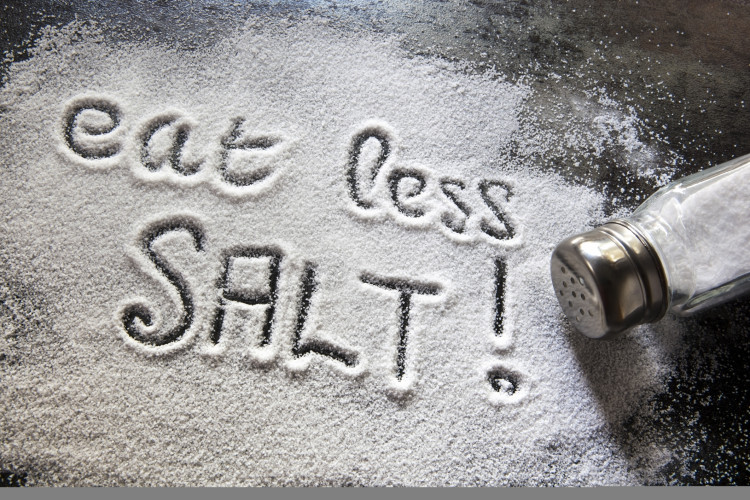There are foods that we find in stores that exaggeratedly exceed this value. To name a few: some French fries with dressing have about 4,900 milligrams of sodium.
What to do to avoid overeating salt?
To avoid the problems caused by excessive salt consumption, it is advisable to leave out processed products, especially cheeses, pastries and cold meats, and fast food. In turn, use salt substitutes, such as untreated sea salt and increasingly pour less in meals. At first, you can tell the difference, but then the palate gets used to it.
Lastly, the good idea is to try condiments or ingredients that enhance the taste of the food. Spices such as pepper, sage, marjoram, basil, parsley, nutmeg, rosemary, tarragon and cumin should not be missing in your kitchen.
What can be the side effects of salt consumption?
Salt consumption and heart.
Consuming salt can lead to transient hypertension without underlying pathology.
Heart and circulatory problems
The consumption of salt in excess has derived effects and is related to circulation. Among them are high blood pressure, myocardial infarctions and heart failure.
It can also cause a cerebrovascular accident, embolism, cerebral hemorrhage and stroke, resulting in severe and permanent physical and neurological consequences. This occurs mainly because the salt makes it difficult for the kidneys to function. The renal filtering function is impaired by a lot of salt, enhancing arterial hypertension in a vicious circle.
Excesses, when it comes to food, are never a good option. If we recently reviewed the signals that our body sends to warn us that we are consuming too much sugar, now we have put salt in the spotlight, a staple food in our kitchens, which we have used for centuries to season and enhance the flavour of our meals. But we must be careful with the amount we eat, as high salt consumption can cause significant health problems. For this reason, we have asked Dr. Domingo Carrera, a specialist in Nutrition at the Medical-Surgical Center for Digestive Diseases, to tell us in detail what are those calls for attention that we have to be attentive to.
drinking water
Dr. Domingo Carrera, a specialist in Nutrition at the Medical-Surgical Center for Digestive Diseases, summarizes the symptoms that our body throws at us when it is taking an excess of salt:
-The first thing we notice with excessive consumption of salt is that we are continually very thirsty.
-Afterwards, we also notice the dry mucous membranes (lips, mouth, genitals) and the skin in general.
We urge to urinate continuously, but then we urinate with negligible volume and an intense yellow or orange colour.
-Edemas or fluid retention appears that accumulates in ankles, lower belly, eyelids, hands and feet.
-We can feel nauseous and even vomit frequently.
-Diarrhea may appear, but sometimes also constipation.
-We can feel heartburn and heavy digestion with gas and gastroesophageal reflux.
-We may have a headache and difficulty concentrating. It could lead to mental confusion with irritability and anxiety.
-You can lose your appetite and feel less taste in food and, in addition, feel very attracted to salty foods.
-We can also frequently suffer muscle cramps and feel more tired than usual.
-Finally, we can have breathing difficulties and suffer kidney colic due to stone formation.
Salt
Sodium is a necessary mineral for our body; where is the limit, then? “Sodium is necessary to regulate water in the body and intervenes in the conduction of the nervous impulse and muscle contraction. But, like almost everything, it must be inappropriate quantities, neither excess nor lack”, the doctor tells us. He adds that the maximum amount of salt (sodium chloride) that we should ingest is 5 grams per day (a full teaspoon of coffee), equivalent to 2 grams of sodium per day. Most (80%) of the salt we consume is already hidden in food (salt added to food by the food industry). And only 20% is what we put in when cooking and what we can control.
Are other types of salt fattening?
Now, there are many types of salt, and some are healthier than others. Let’s see now how the different types of salt differ and which one is more advisable to take if we do not want to gain weight or suffer from other health problems.
Common salt or refined salt is one of the most used in daily life for cooking. It contains 95% sodium chloride and is, perhaps, the least recommended since there are other types of salts that are healthier due to their composition or their hypotonic properties (they do not cause fluid retention).
Unrefined sea salt
This type of salt is obtained from the evaporation of seawater. Its composition is based on iodine, sodium, fluorine and chlorine, among other additives. Its difference with table salt is that marine contains minerals such as potassium, magnesium, iron, and zinc.
Although it is not advisable to abuse it, it is a little healthier than ordinary salt. Also, you can use it for other beauty treatments. Discover How to eliminate cellulite with sea salt in the link.
Iodized salt
It is a common salt artificially enriched with iodine. Iodine is a very beneficial mineral for the body that does not add flavour to salt and that contributes to the regulation of energy metabolism, the production of thyroid hormones and the protection of the nervous system.
If you are going to take salt, it is recommended to take iodized salt or sea salt instead of common or table salt.
Salt flower
It is a type of salt that is obtained by hand from marine salt flats. It is a hypotonic salt; it does not cause fluid retention, so it is a type of salt that can be consumed without noticing this tendency to gain weight or swell that we notice with another type of salt. You can make fleur de sel at home by following our steps in How to make fleur de sel.
Himalayan salt
This salt, originally from Pakistan, has become popular in recent years due to its nutritional value. It contains around 80 trace elements and minerals, so it is beneficial for the body’s functioning. As for whether or not it is fattening, it has not been shown to have the hypotonic ability like fleur de sel.






























Add Comment